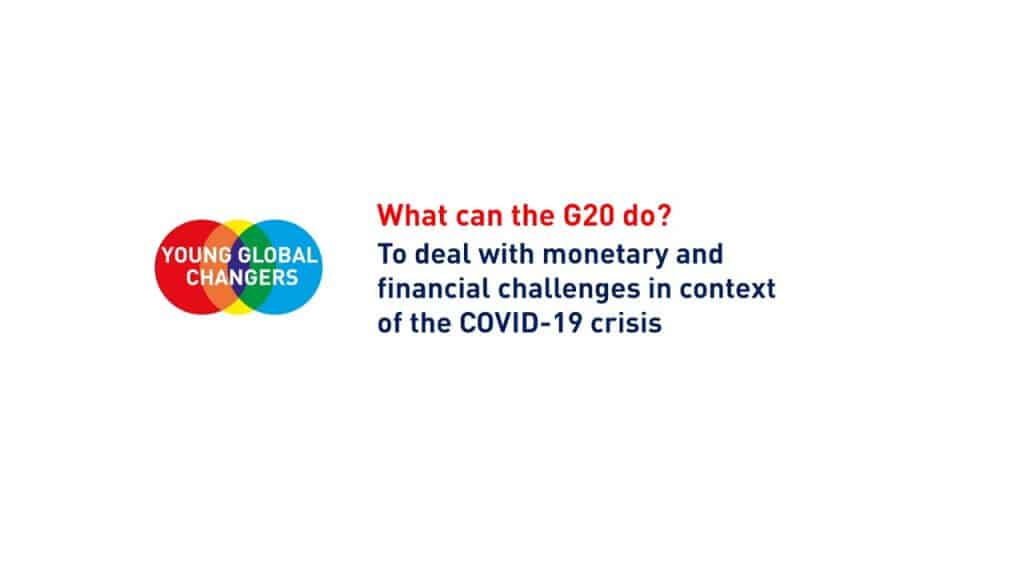The discussion about ending the exceptional monetary and financial measures and policy strategies adopted after the 2008 Financial Crisis to return to a “new normal” in monetary policy, gained momentum in 2019 both among policy makers and in the academic research circles. Leading central banks started strategic reviews that should have reached conclusions before the end of 2020. These developments reflected advances in theory, empirical evidence and policy experience as well as new concerns about financial stability, income and wealth distribution, and growing global financial interdependence. However, the Covid-19 pandemic has created a new situation. Its economic consequences will persist for a substantial period and will require new special short-term measures by central banks, well-coordinated with fiscal authorities, to stabilize economies and safeguard financial stability; together with a medium-term strategy for phasing out these crisis measures. This panel will discuss monetary and financial strategies for dealing with the economic shocks triggered by the COVID-19 crisis, and what the G20 and do to support these at a time when multilateralism is in crisis and reaching consensus on the coordination of monetary and financial strategy is difficult. How can central banks and financial authorities maintain financial stability while providing the liquidity required for moderating economic shocks? What lessons can (or cannot) be learned in this regard from the global financial crisis in 2008? How can monetary and financial response measures be designed in a way that prepares for an exit strategy in 2-3 years to return onto the path towards a “new normal” in monetary policy? How can the G20 support this while including central banks and fiscal authorities from other countries?

